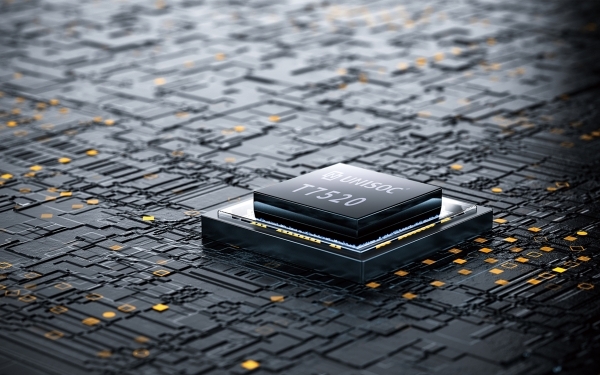
Chinese semiconductor designer Unisoc will began mass production of an extreme ultraviolet (EUV)-based 6-nanometer (nm) application processor (AP) for 5G smartphones by the end of the year, the company said on Monday.
The processor, dubbed T7520, will be used for 5G smartphones launching next year, the company said.
Chinese media are speculating that Huawei may use Unisoc’s processors instead of those by affiliate HiSilicon, which uses Taiwan TSMC as its contract chip producer, due to US sanctions against it.
Huawei rotating chairman Eri Xu has said back in March, before US’s latest sanctions in May 15, that the company can secure semiconductors for its smartphones from Samsung Electronics, MediaTek or Unisoc even if sanctions get worst.
Global SoC makers such as HiSilicon, Qualcomm, Apple, Samsung Electronics and MediaTek have currently all commercialized up to 7-nm System-on-a-Chip (SoC).
Apple’s iPhone 12 expected to launch later this year will most likely use a 5-nm processor contract-produced by TSMC. It used 7-nm for its models last year and began using 10-nm SoCs back in 2017.
Unisoc is fast-tracking the technology migration that took Apple four years to do to one year. Unisoc’s first 5G smartphone processor, the T7510, was made using the 12-nm process and was supplied to Hisense for the F50 5G smartphone that launched in April.
The Chinese chip giant has said T7520 increased integration by 18% compared to 7-nm chips. It consumed power less by 8%. It integrates a 5G modem and can save up to 35% more power in devices that have the processor and modem separately. Qualcomm's 7-nm Snapdragon 865 doesn’t integrate a modem, which comes separately.
South Korean government research institute, Korea Institute for International Economic Policy, earlier this month said it believed that US’s increased sanctions announced in May was done with the aim to cut ties between Huawei and TSMC. However, Huawei will likely use MediaTek and Unisoc’s processors while TSMC will continue to contract make the chips.
Earlier this month, TSMC chairman Mark Liu said if there were no orders from HiSilcon in the future, other vendors would want to fill the vacuum, but added that he didn’t wish that would happen.
Meanwhile, Unisoc was formed by Tsinghua Unigroup that acquired NASDAQ-listed Spreadtrum and RDA and combined the companies. The combined company was renamed Unisoc in 2018.

